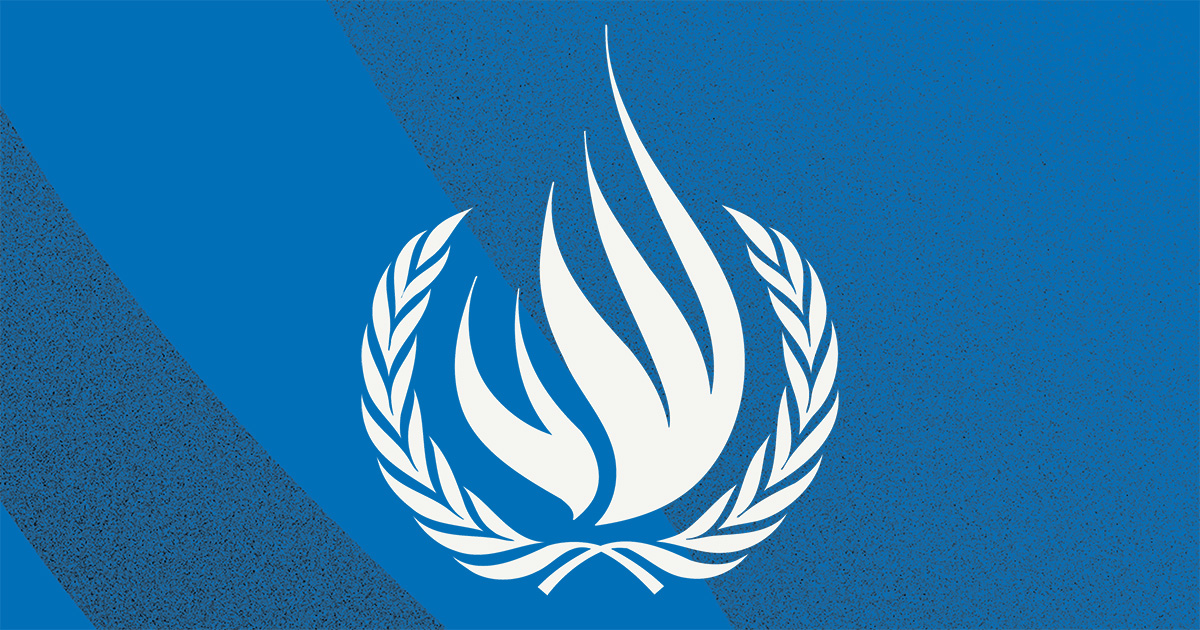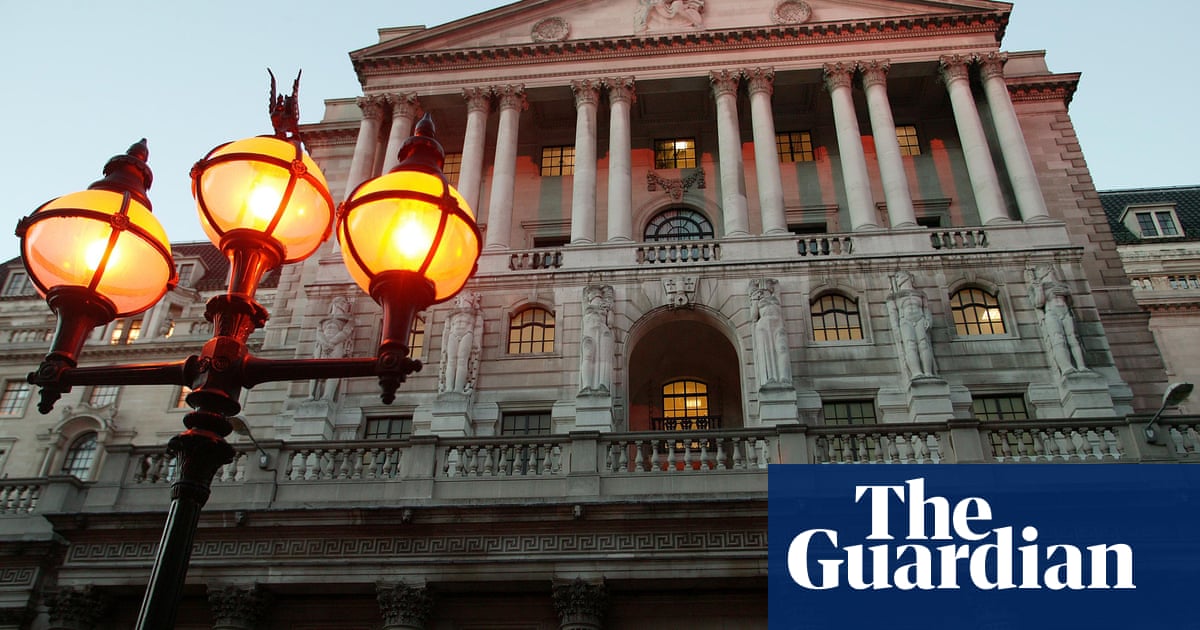
BUDAPEST, Nov 15 (Reuters) - Hungary’s economy has recovered fast this year from a pandemic-induced shock but this has been coupled with the return of twin deficits in its budget and current accounts, National Bank of Hungary Governor Gyorgy Matolcsy said on Monday.
Matolcsy said in an article posted on the mno.hu website that by running a budget deficit and current account deficit that is high relative to the region, Hungary “is falling into the trap of twin deficits” which increases its vulnerability.
“It’s not only one or another balance indicator worsening but all of them together,” Matolcsy said, adding that the budget deficit could be around 8% of GDP both this year and next.
“This is coupled with higher inflation,” the central bank chief added, a day before the bank holds its rate-setting meeting where it is expected to raise interest rates again.
Matolcsy said the rise in inflation was primarily due to global factors but the high domestic budget deficit also boosted inflation, along with wages.
“Since the start of the COVID-19 crisis, the vulnerability of the Hungarian economy has been increasing,” he said, adding that current trends in the budget, state debt levels and current account were unsustainable.
“Once growth has been restored, a similarly fast turnaround is needed in financial balances,” Matolcsy added.
The National Bank of Hungary (NBH) is widely expected to ramp up the pace of rate increases on Tuesday after larger-than-expected hikes by the Czech and Polish central banks and a surge in inflation that appears to have caught the NBH off guard.
Hungarian inflation jumped to 6.5% year-on-year in October, challenging the NBH’s slow but steady approach to rate tightening after it slowed the pace of rate rises to 15 bps in September from 30 bps previously, and followed with another 15 bps hike in October.
Reporting by Krisztina Than in Budapest Editing by Matthew Lewis











